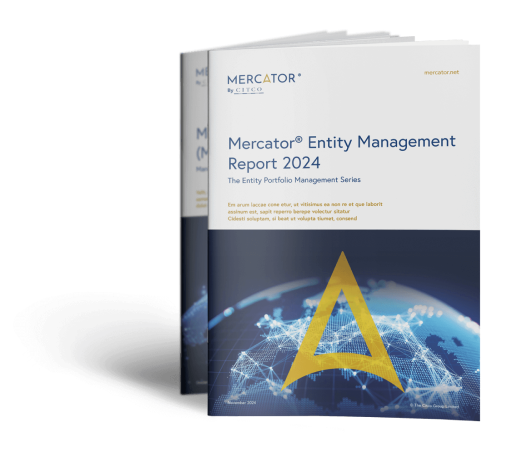The information contained in this document is marketing material and for informational purposes only. The information contained in this document is presented without any warranty or representation as to its accuracy or completeness and all implied representations or warranties of any kind are hereby disclaimed. Recipients of this document, whether clients or otherwise, should not act or refrain from acting on the basis of any information included in this document without seeking appropriate professional advice. The provision of the information contained in this document does not establish any express or implied duty or obligation between Citco and any recipient and neither Citco nor any of its shareholders, members, directors, principals or personnel shall be responsible or liable for results arising from the use or reliance of the information contained in this document including, without limitation, any loss (whether direct, indirect, in contract, tort or otherwise) arising from any decision made or action taken by any party in reliance upon the information contained in this document. © The Citco Group Limited, December 2024.
Norway: Introduction of due diligence assessments
Further to the enactment of the Norwegian Transparency Act 2022 (“The Act”), “larger enterprises” are now required to carry out due diligence assessments on fundamental human rights and decent working conditions.
“Larger enterprises” refers to businesses that are covered by Section 1-5 of the Accounting Act, or that on the date of financial statements exceed the threshold for two of the following three conditions:
- sales revenues: NOK 70 million;
- balance sheet total: NOK 35 million;
- average number of employees in the financial year: 50 full-time equivalent
It is necessary for these businesses to carry out assessments of due diligence in accordance with the OECD Guidelines for Multinational Enterprises and to produce a due diligence report on an annual businesses.
Businesses must respond to written requests for information about how it manages both actual and prospective negative effects. The processing of information requests and the provision of information must be done in writing and within a reasonable time frame (no later than three weeks).
The risk of non-compliance
The Norwegian Consumer Authority monitors compliance with the provisions of the Act.
If the Consumer Authority discovers that a business is in violation of the Act, it will either require written confirmation that the illegal behavior will cease or make a ruling. The Market Council hears appeals from Consumer Authority judgments.
There is an obligation to supply the Consumer Authority and the Market Council with the relevant information needed to carry out their responsibilities under this Act. The information may need to be submitted in writing, or orally, by a specific deadline.
Decisions can be issued in the following areas:
- Prohibition or an order under Section 12;
- Enforcement penalty under Section 13; and
- Infringement penalty under Section 14.

